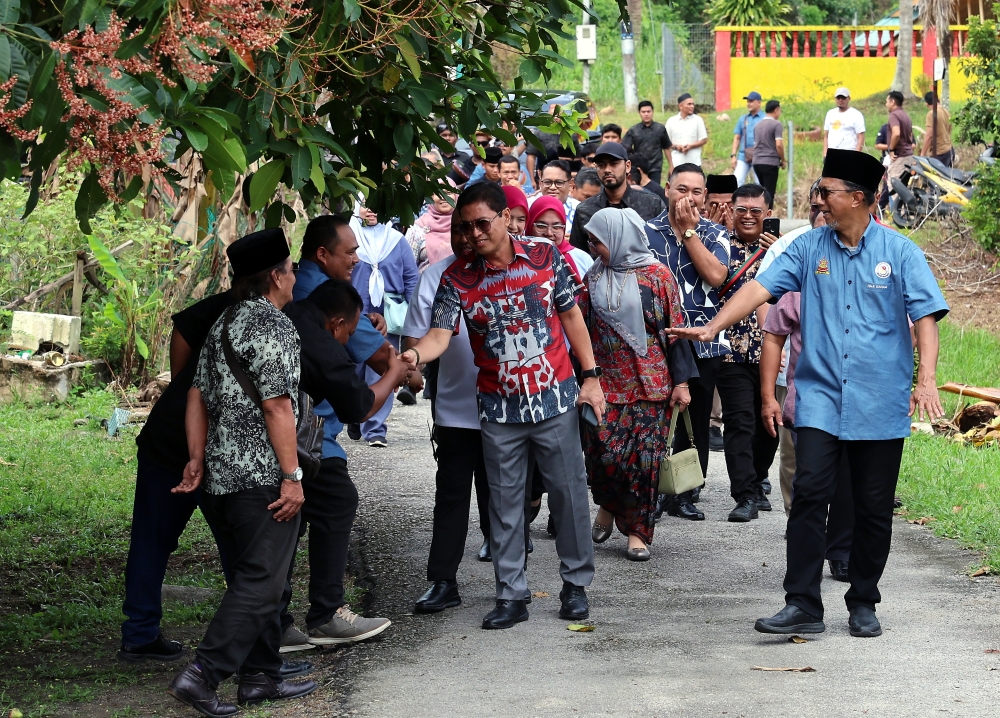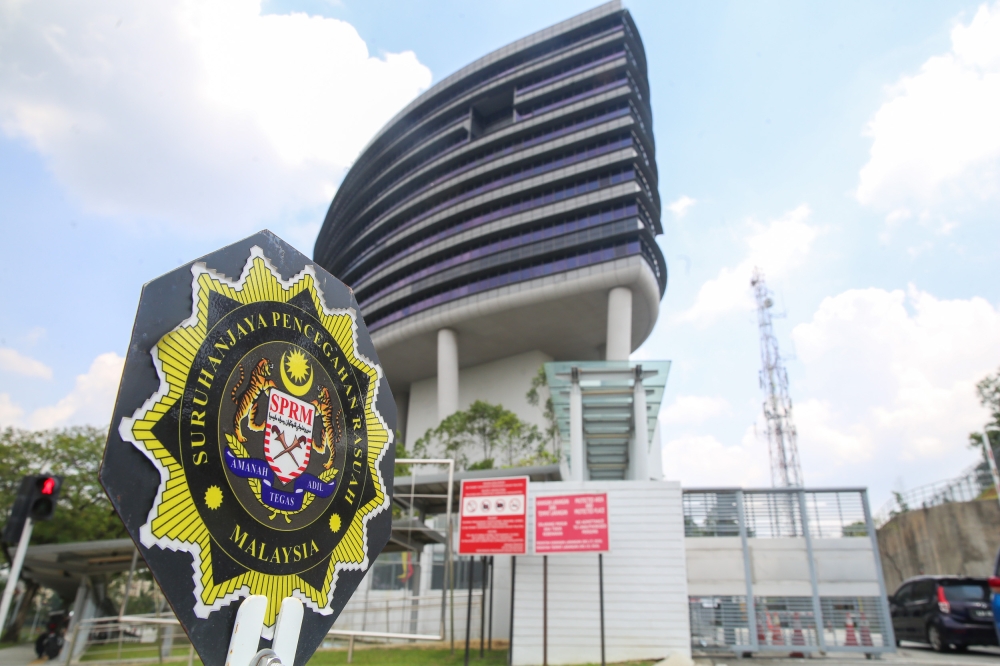IPOH, June 29 — The Women, Family and Community Development Ministry requested private sector employers to give due consideration to the three-day paternity leave for husbands whose wives have given birth.
Its Deputy Minister Hannah Yeoh said the paternity leave proposed by the Human Resources Ministry for private sector fathers should be implemented as they need to play a role to ease the burden of mothers who have just given birth.
“When wives give birth, especially those who undergo Caesarean section they need the help and care of their husbands. It will put pressure on women if they need to do a lot of things on their own.
“If they have other children to be taken care of, of course the mother will not able to handle alone. Thus, employers need to consider the matter because of the family, it is important wives who have newly given birth have the support of their husbands,” she said.
Yeoh said this at a press conference after officiating the Santuni Programme for people with disabilities which was also attended by the wife of Perak Mentri Besar Datin Seri Nomee Ashikin Mohamed Radzi at Sekolah Semangat Maju here, today.
On June 20, the Human Resources Ministry proposed to introduce a three-day paternity leave to fathers working in the private sector via amendments to the Employment Act 1955.
Its deputy minister Datuk Mahfuz Omar said the draft amendment under the Employment Act 1955 was being completed and will be submitted to the Cabinet before being tabled in Parliament.
However, the Malaysian Employers Federation (MEF) does not agree with the government's proposal to grant the three-day paternity leave to private sector employees on the grounds that it affects the company’s operating costs.
At present, fathers in the private sector are not legally qualified for paternity leave while fathers in the public sector enjoy seven days of paid paternity leave.
Earlier, in her speech, Yeoh expressed appreciation to the Perak Association for Intellectually Disabled (PAFID) for taking proactive measures to help the disabled in terms of learning problems by establishing sheltered workshops and schools in the state and for enabling them to be as successful as any other normal human being.
“A total of five schools and four workshops, a factory and a daycare centre operated by PAFID provides education and vocational training as well as job training in a holistic manner,” she said. — Bernama



















